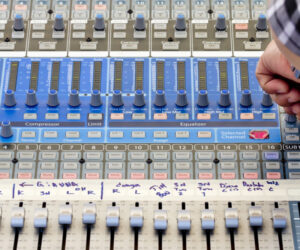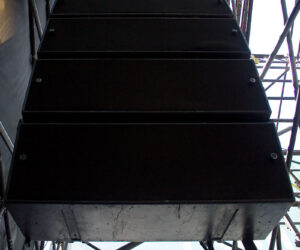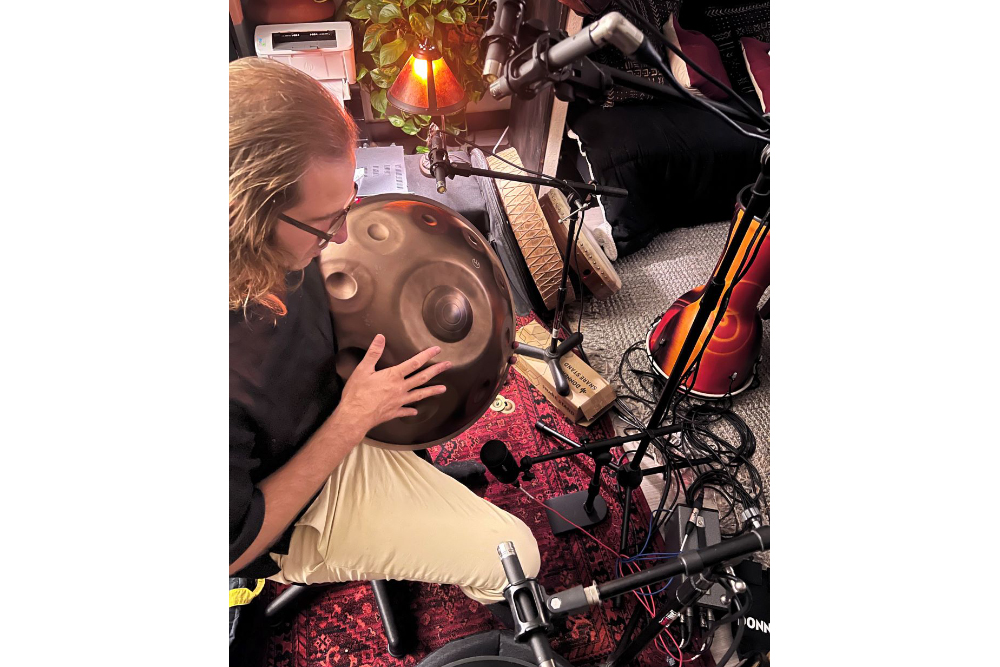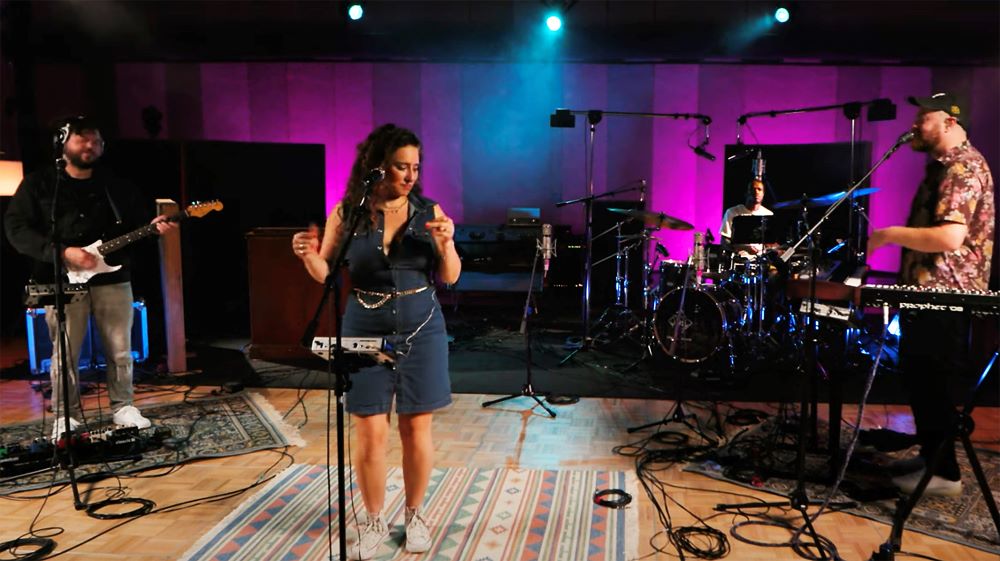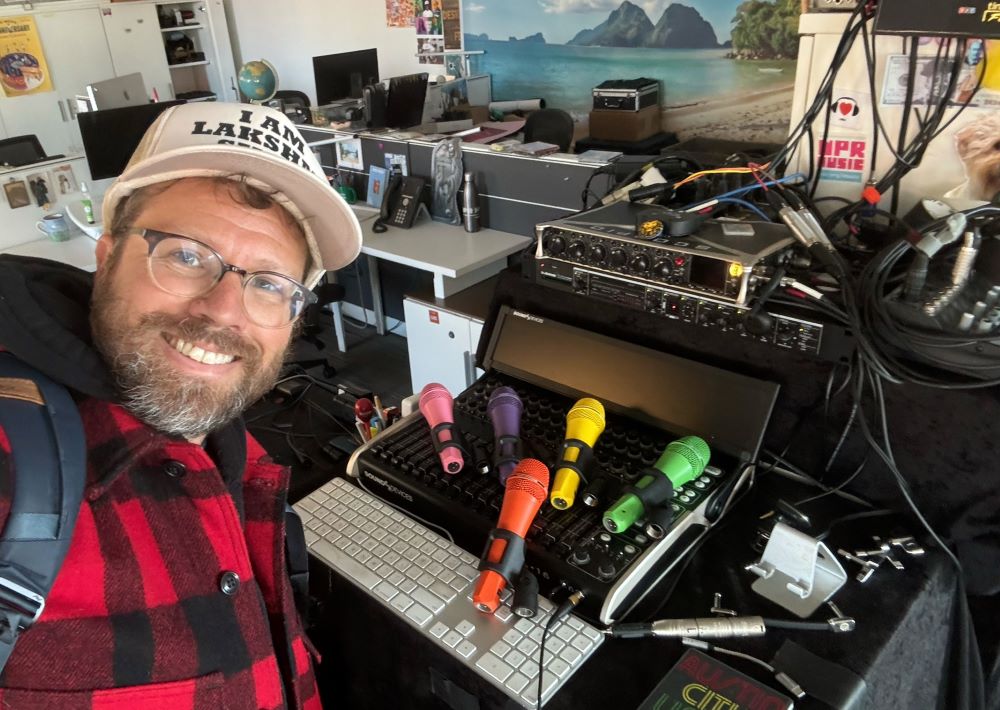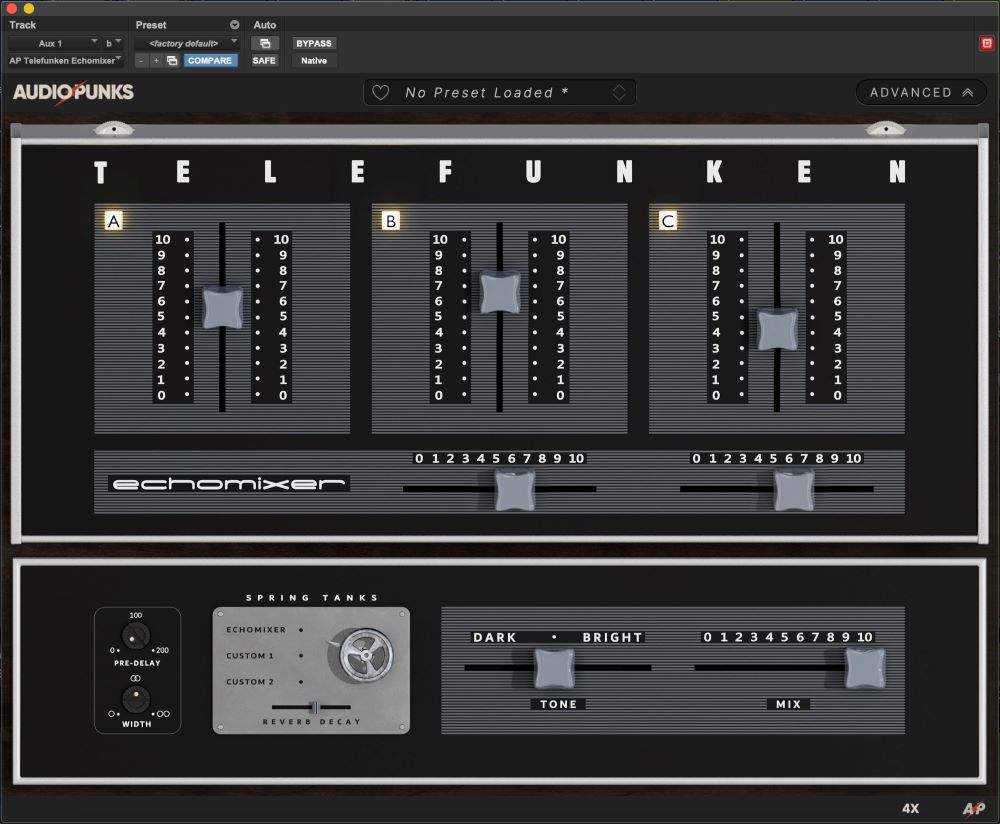Not long ago I spent some time recording some vocals for a project my brother-in-law was working on.
We used a Neumann U87 and ran it through a nice Amek mic pre. All in all It sounded really great.
It’s been a long time since I tracked vocals outside of my studio. I’m used to being the only one there, wearing both the engineer hat and the musician hat.
If you’ve ever recorded yourself, it’s a familiar feeling.
You hit record, run over to the mic, record the take, run back to the computer, stop recording, listen, run back to the mic and do it again.
Nerves
Whenever I record vocals by myself, nerves never enter the picture. It’s just me, after all. If my voice sounds awful, big deal. That’s what delete buttons are for, right? No one ever has to know…
Adding a second person to the equation inevitably affects people. Even if the engineer is someone you’re close to, like my brother-in-law, it can still have an effect on a singers nerves.
They’ll instantly become very aware that someone else is listening to them.
I experienced this a bit. Granted, it wasn’t a full-on “I’m about to sing in front of hundreds of people at Carnegie Hall” feeling. I wasn’t nervous, but I was still aware that someone else would be hearing every note I sang.
The result? I held back for a while. The first few takes were very subdued. I was singing more softly than I normally would, and the performance just sounded flat and lifeless.
Contributing Factors
Aside from the fact that I wasn’t by myself, there were a few other factors that lead to my less-than-stellar performance at first:
• Unfamiliar surroundings: I was singing in a studio I had never been to before, using headphones I’d never used before, and standing on some sort of foam mat that squeaked under my feet. None of these are big deals, but they were simply different from the environment in which I’m used to working.
• Different style of music: The song I was singing was in a very different style from what I normally sing. It sounded really cool, but I simply hadn’t sung much in that genre (more electronic than rock). Again, this isn’t a huge issue, but it put me slightly out of my comfort zone. This is something to watch if you’re bringing in friends of an artist as background vocalists and they’re slightly inexperienced.
Take it easy
Whenever you bring a singer into your studio, make every effort to make them comfortable. Make them laugh, keep things light. The less pressure they feel to nail a performance, the more likely they are to actually nail it.
Keep things fun. When’s the last time you heard an amazing vocal performance from someone who looked they were scared to death? If the singer is having fun, they are much more likely to give an emotional, captivating performance.
Joke around with the singer between takes. Make them laugh. Threaten to punch them in the spleen. Whatever it takes.
This is what happened with me. (Not the getting punched in the spleen, but the goofing around.) My brother-in-law and I started goofing around with each other more.
We would make jokes between takes. I would make jokes between verses, etc. The last two takes ended up being really good. The first two? Not so much.
I’m not saying joking around is a necessity for a good recording. Some singers may not respond well to jokes. If the song is a more serious one, perhaps joking wouldn’t be appropriate. Maybe lighting a few candles would help, or dimming the lights.
The main point here is to keep in mind that as an engineer or producer, you are also the resident studio psychologist. You’re responsible for making the artist comfortable.
Otherwise, you won’t be happy with the performance. It’s in everyone’s best interest to make the musicians comfortable. It’ll be well worth the effort.
What do you do to help your musicians (vocalists or otherwise) perform their best in the studio? Let me know in the comments below!
Joe Gilder is a Nashville based engineer, musician, and producer who also provides training and advice at the Home Studio Corner.












